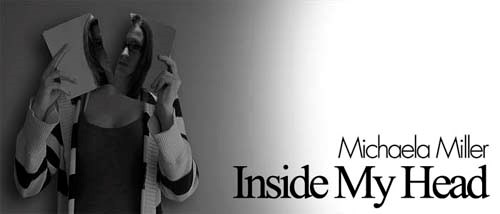Over the weekend, I found myself caught in a downpour of rain. I sprinted to the nearest store to take shelter from the prairie waterfall, which just-so happened to have tea. I sat myself down beside the electric fireplace, took a couple sips of my hot beverage and closed my eyes to focus on the sound of the rain hitting the roof. Might as well try to enjoy it, right? As I’m listening, I overhear the conversation of a young family a couple of booths over from me. The kids had asked their parents the same question I remember asking my own parents when I was little: “What are we?”
The parents launched into a discussion of their Germanic-Ukrainian heritage, highlighting the important aspects of each culture, and what they incorporate into their family lifestyle. When they had finished explaining, the kids put it simply once they understood: “So we’re German and Ukrainian.” Thinking back to the conversation I once had with my parents, I too came away with a simplified understanding. Now that I have actually had the chance to research into my family tree, I know that both sides of my family have been in Canada for several generations now. I realized on that rainy afternoon that there is a problem in the way we self-identify. When we discuss what we are with other people, our discussion jumps into ancestry.
To use a famous example, if you were to ask a person from Boston what they are, they will immediately reply with, “I’m from Ireland.” Regardless of their accent or the fact that they were born in America, they will stand by their word. Perhaps a parent or grandparent came over from Ireland, but it doesn’t mean one is Irish. One may practice some things the Irish do, but that doesn’t mean one is Irish. When I think about my own family, we have practices that were passed down to us. That isn’t who we are, that’s just what we do to honour our past culture. We practice our own Canadian culture in addition, because that is who we are. We are the summation of the cultures. I have gotten into the habit of replying with Canadian when I’m asked what I am. I do this so people learn to ask the question they are really wondering: what is your ancestry? There is nothing wrong with celebrating your ancestral culture; in fact it brings your family closer together. However, we need to understand that what we are is not solely reliant on ancestry. What we are is a part of who we are. Ancestry is only a part of who we are. Who we are depends on genetics, ancestry, experiences and choice. Make sense? Let me explain further.
Here’s the beautiful part of being Canadian. You are a part of every culture from coast to coast. We have a tolerance and respect for other cultures; in fact we celebrate with them. Locally, we have a festival dedicated to them. Every culture, native to this land or not, is celebrated and tolerated. This is something unique about our country. We have the freedom to practice what we want to practice and believe in what we choose to believe in. This is who we are. For the majority of us, instead of pointing fingers at other cultures for being “wrong,” we respect them. We respect their beliefs. We respect the fact that we’re all just humans celebrating life in different ways. Look no farther than our events that involve food. There is no greater way to celebrate another culture than eating the foods unique to it. I believe this is due to the hospitality of most cultures. Liking the meals they prepare is a sure sign of acceptance. I know I love being exposed to new cultures because of all the delicious dishes I get to try! Likewise, the culture we consider to be “the majority” wants to be accepted by others as well as respected. It is a two way street.
Ancestral ties seem to be one of the things that separate us. While it is important to celebrate the ways of our former relatives, it is also important to remember where they have led us; where we are now. We are Canadian. We are a mosaic of all cultures. This is what we are.




